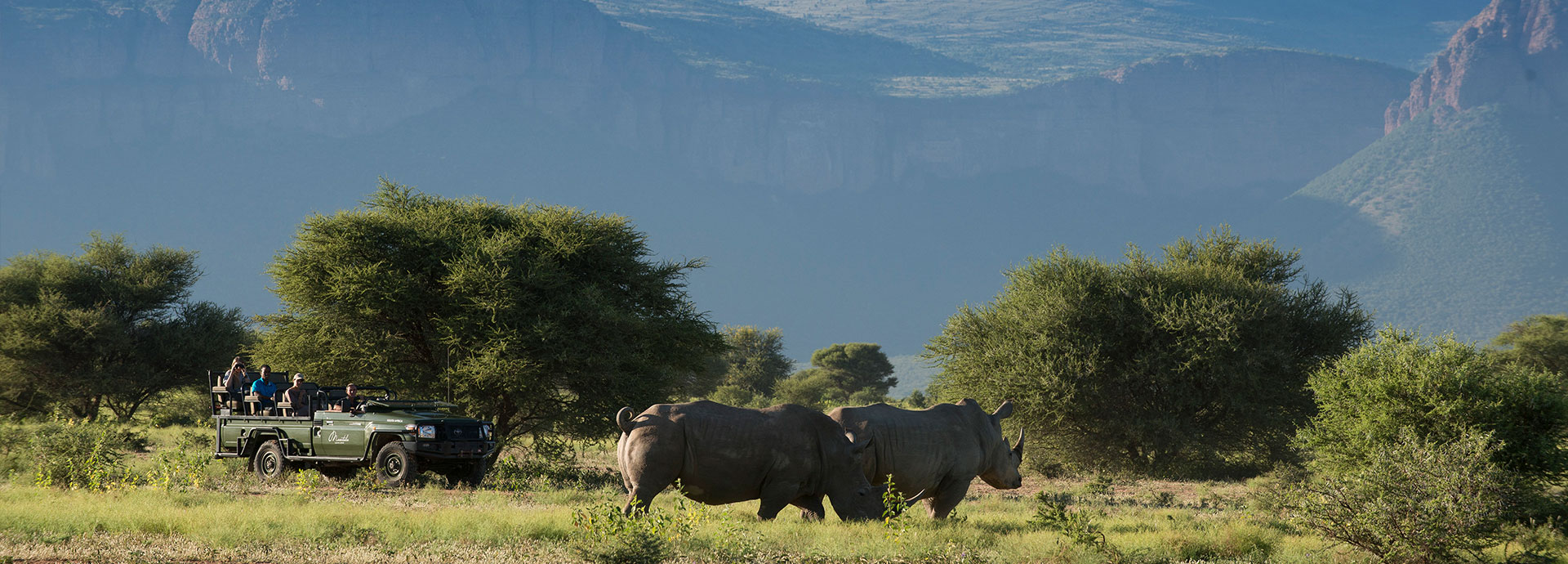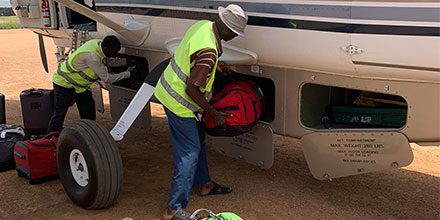
KEY INFORMATION TO PREPARE FOR YOUR JOURNEY
Nestled at the southern tip of the African continent, South Africa is a captivating mosaic of culture, nature, and history. Fondly known as ‘The Rainbow Nation’ and boasting awe-inspiring landscapes that range from rugged mountains to golden beaches, and teeming with an abundance of wildlife, South Africa promises an unforgettable adventure for every traveller.
This information will assist in preparing for your departure and includes helpful travel hints for when you are there. For detailed pre-departure information for Africa on the whole please refer to our AFRICA pre-departure information.
PLEASE NOTE: All pre-departure information was correct at the time of writing, but should be used as a guide only since requirements can change at short notice and without warning. Consult Smart Traveller or contact the South African High Commission or the appropriate authority prior to departure to confirm all details.
AT A GLANCE
SOUTH AFRICA KEY FACTS
Time: GMT +2 hours | AEST -8 hours
Capital: Pretoria
International Airports: Cape Town International Airport (CPT), or O. R. Tambo International Airport (JNB)
Official languages: 11 Official inclduing Africaans, English, Xhosa, Zulu & Sotho
Religion: About 80% of South Africans are Christian, 15% have no religious affiliation and 5% are Muslim, Hindu, Jewish or of other faiths.
Electrical Current: 230V | South African 3 round pin – Type M
Currency: South African Rand | ZAR
Australian High Commission: 292 Orient Street, Arcadia, Pretoria, 0083 | T: (+27 12) 423 6000 |
www.southafrica.embassy.gov.au
Visa: No – currently not required for Australian or New Zealand passport holders – refer to ‘Passport and Visa Requirements‘ for further details.
USEFUL WEBSITES
Smart Traveller – https://www.smartraveller.gov.au/destinations/africa/south-africa
Travel Doctor-TMVC – https://www.traveldoctor.com.au/destinations/south-africa
South Africa High Commission – http://www.sahc.org.au/
PUBLIC HOLIDAYS
January 1: New Year’s Day
March 21: Human Rights Day
Friday before Easter: Good Friday
Monday after Easter: Easter Monday
April 27: Freedom Day
May 1: Labour Day
June 16: Youth Day
August 9: National Women’s Day
September 24: Heritage Day
December 16: Reconciliation Day
December 25: Christmas Day
December 26: Boxing Day
If a public holiday falls on a Sunday the following Monday shall be taken as a public holiday.
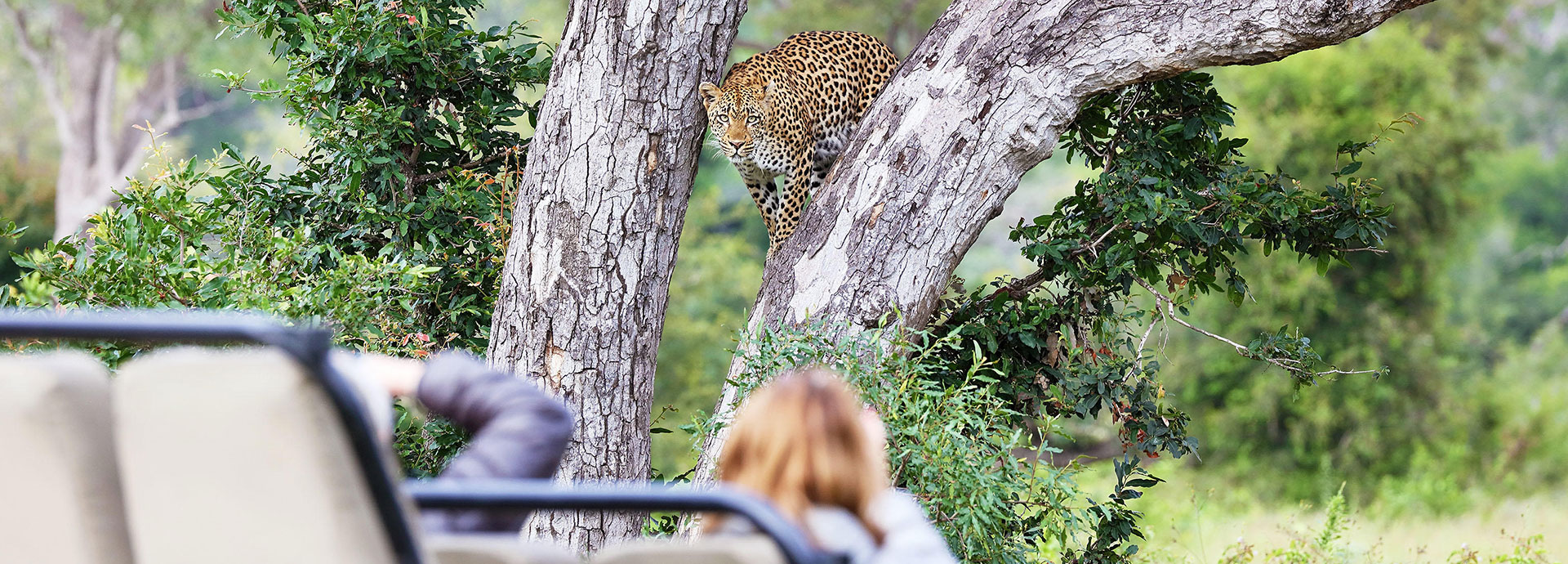
PASSPORT & VISA REQUIREMENTS
PASSPORTS
Your passport must be valid for at least six months after your return to Australia and have at least three blank pages for every entry into South Africa and an additional page for every other country you intend to visit on your journey. If your passport does not meet these requirements you must obtain a new one. The Australian Passport Office website is www.passports.gov.au.
It is a wise precaution to carry a photocopy of your passport separately and leave a copy at home. This will aid authorities in processing a new passport should yours get stolen or lost.
If you have dual citizenship and more than one passport, we strongly recommend that you use only one of these during your travels, as in some countries it is considered illegal to have two or more passports. Be sure to use the same passport on entry and exit from a country, and never surrender your passport.
If your passport name is different to your commonly used name, advise us of this and ensure your airline reservations match those of your passport name.
VISAS
Australian and New Zealand passport holders do not require a visa to enter South Africa.
Visa-free entry for Australian & New Zealand Passport holders is valid for a maximum duration stay of three months (90 days) from your date of entry.

CLIMATE, WEATHER & SEASONS
CLIMATE
The climate in South Africa varies from temperate to subtropical. Cape Town in the Western Cape Province has a Mediterranean climate with maximum rainfall during winter (Apr – Sep) which is unusual for Southern Africa. Cape Town’s driest months are therefore also its hottest (Oct – Mar), although it is worth noting that the Cape’s weather is notoriously changeable; locals say that you can have four seasons in one day!
Johannesburg, in the Gauteng region, experiences hot summers with intermittent showers and then frosty, dry winters. Similarly, the rest of the country, including the Northern and Eastern Cape, north-eastern Kwa-Zulu Natal and Mpumalanga (where the majority of the safari areas are), tend to experience rainfall during the summer months and drier, cooler weather during winter.
KEY SEASONS
- October to March: Warm and dry in Cape Town. Hot with showers in the safari areas near Johannesburg
- April to September: Wetter in Cape Town. Drier and cooler in most safari areas
- September: Peak of whale migration; wildflowers blooming in Namaqualand
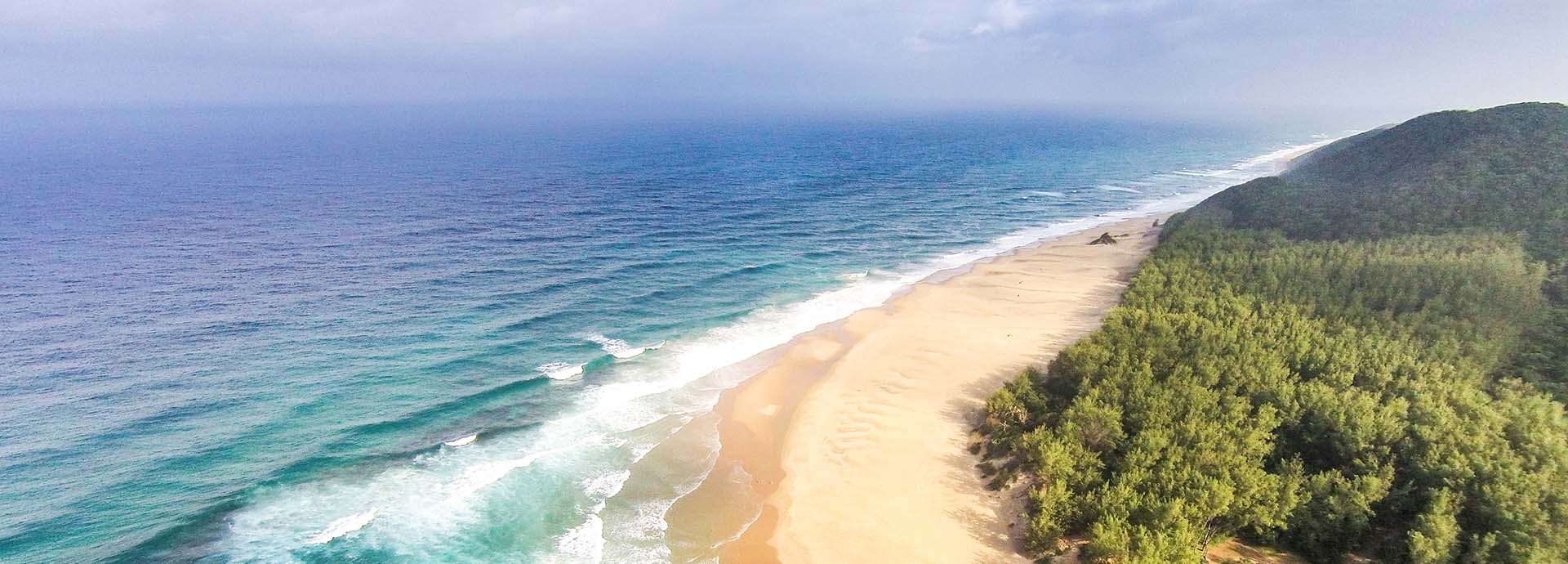
LUGGAGE & PACKING
LUGGAGE
When checking luggage in at OR Tambo International or Domestic Airport in Johannesburg, only regular-shaped bags will be accepted. Bags must have at least one flat surface and not have a long hanging strap. Long straps will need to be secured or removed before checking in.
If your bag has a loose strap then you will be asked to visit a baggage-wrapping station at O.R Tambo International Airport to wrap your bag at a standard cost of R90 (+/-A$9) per bag.
Charter flight companies and some safari operators impose strict luggage restrictions. The maximum luggage weight specific to your journey is 20 kgs including camera equipment and hand luggage for travel through South Africa. Your bags must be soft-shelled and malleable. If your luggage does not meet the criteria the charter companies will either leave your luggage behind, charge you for an extra seat onboard the aircraft (if one is available) or charter your bags separately at your cost. The charter planes have restricted space onboard, and, above all, the regulations are in place for your safety.
And if you are wondering how to pack everything in and keep it under weight read our blog – How to pack for a safari and keep it under 15kg
For further information on luggage limits & what to pack please refer to our AFRICA pre-departure information.
CHARTER FLIGHTS
The luggage storage on many charter flights across Africa looks like this:
The weight limit is a strict safety requirement to ensure the balance and carrying capacity of small aircraft.

HEALTH & VACCINATIONS
VACCINATIONS
It may be necessary to take medical precaution prior to, and whilst travelling. As we are not qualified to offer advice, we recommend you contact your GP or the Travel Doctor-TMVC who have the most up‐to-date information available. Requirements are highly personal depending on your health profile and the activities in your itinerary. Some vaccinations must be given well in advance of travel, so we suggest seeking medical advice as soon as you start to plan your trip. Be sure to ask what vaccinations or medications may be required to enter South Africa and to re-enter Australia.
You can also refer to SmartTraveller for a guide as to what may be required, however you should always seek professional medical advice before travelling.
FOOD & DRINK
South Africa is a country with a rich culinary heritage, influenced by various cultures and cuisines. When visiting South Africa, here are some food and drink tips to enhance your gastronomic experience:
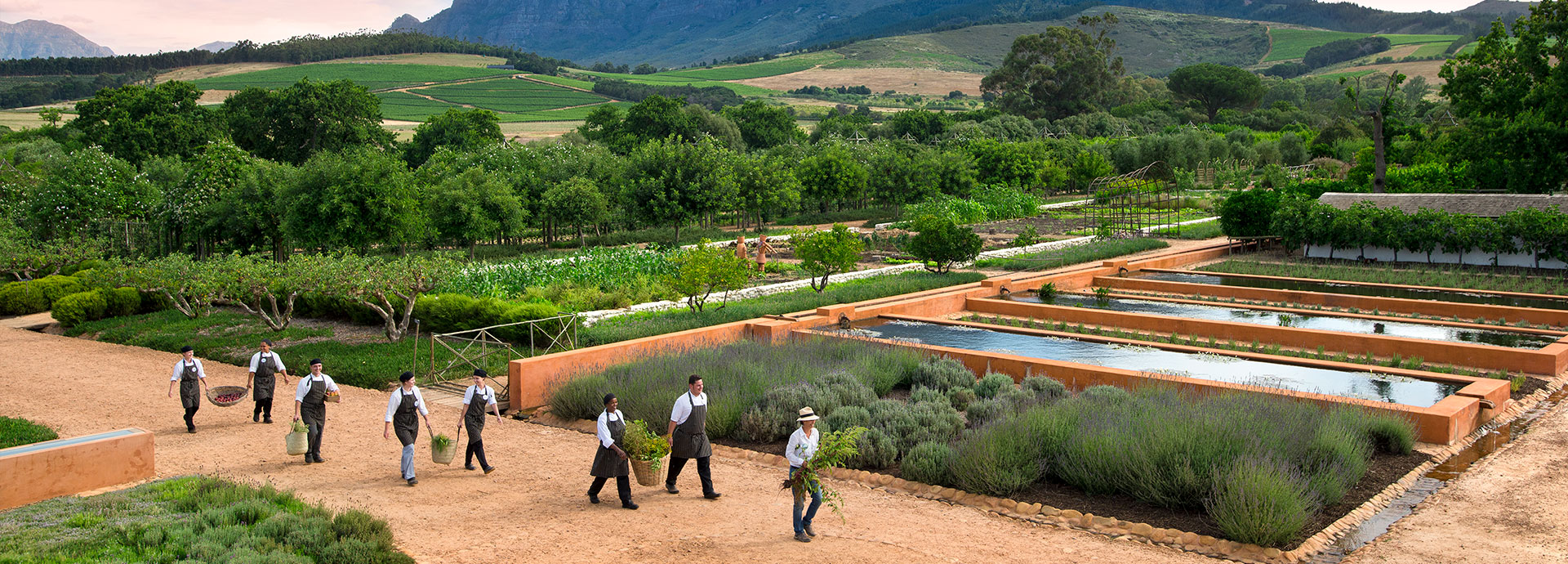
- Braai (Barbecue): The South African braai is a must-try experience. It involves grilling various meats, including boerewors (traditional sausage), steak, chicken, and lamb, over an open flame. It’s a social event, and you’ll often find locals enjoying braais at parks, beaches, and home gatherings.
- Bobotie: This is a classic South African dish consisting of spiced minced meat baked with an egg-based topping. It’s a delightful fusion of flavors, reflecting the country’s Dutch and Malay influences.
- Biltong and Droewors: Biltong is dried, seasoned meat, similar to beef jerky, while droewors is dried sausage. Both are popular snacks and can be found in various flavors.
- Cape Malay Cuisine: When in Cape Town, explore the unique flavors of Cape Malay cuisine. It features aromatic curries, chutneys, and spicy pickles.
- Chakalaka: A spicy vegetable relish that’s often served as a side dish or condiment with grilled meats.
- Melktert: This is a delicious South African milk tart with a sweet pastry crust and creamy custard filling, sprinkled with cinnamon.
- Potjiekos: This is a traditional South African stew cooked in a three-legged cast-iron pot over an open fire. It usually contains meat, vegetables, and spices.
- Samoosas: These triangular pastries filled with spicy meat, vegetables, or cheese are delicious and commonly found in South Africa as a snack or appetizer.
- Wine: South Africa is renowned for its excellent wine regions, especially in Stellenbosch, Franschhoek, and Constantia. Try some of the country’s world-class wines, including Pinotage (a unique South African grape variety), Chenin Blanc, and Sauvignon Blanc.
- Beer: South Africa has a growing craft beer scene, but traditional favourites like Castle Lager and Windhoek Lager are also popular choices.
- Rooibos Tea: Sample some rooibos tea, a caffeine-free herbal tea made from the indigenous rooibos plant. It’s a soothing and refreshing drink.
- Amarula: Try Amarula, a creamy liqueur made from the fruit of the Marula tree. It’s often enjoyed over ice or used in cocktails.
South Africa offers a wide variety of food and drink options to cater to different tastes and preferences. Don’t hesitate to explore the local markets, restaurants, and street food stalls to discover the diverse culinary delights this beautiful country has to offer.
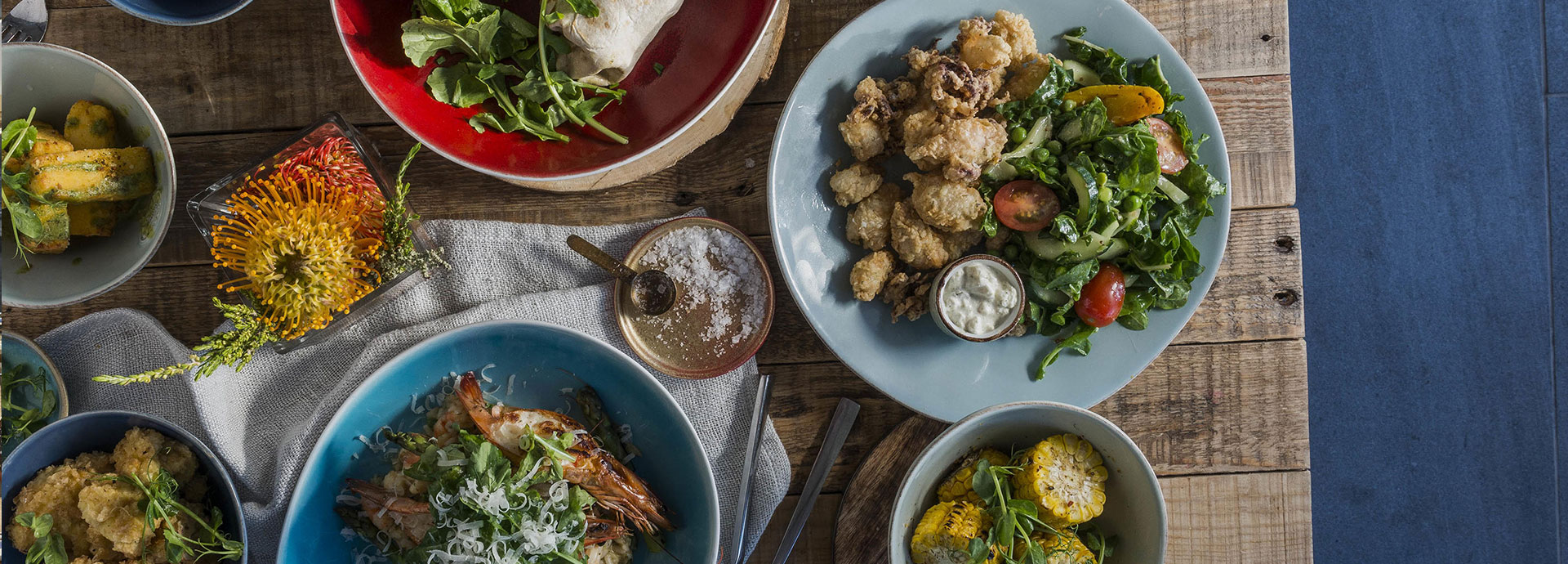
SELF DRIVE INFORMATION
SELF DRIVE INFORMATION
South Africa has good road infrastructure that is fairly simple to navigate. This makes self driving a viable, affordable option and is a popular way to get around especially in the eastern and western Cape region.
Driving is on the left-hand side and traffic laws are strictly enforced so it is worth familiarising yourself with them before hiring a car. The speed limit is usually 60Kmph in built up areas, 70Kmph on gravel roads and 120Kmph on major tar roads. Safety belts must be used at all times and children under 5 years must be in a child safety seat.
The driver or any authorised co-driver must produce a valid driver’s license at the time of rental and must not have been convicted of any criminal offence which resulted in the endorsement or cancellation of his/her driving license. The driver’s license needs to be in English with a photograph.

MONEY MATTERS
CURRENCY AND EXCHANGE
South Africa’s currency is the Rand (ZAR). AUD can be exchanged for ZAR banks, Bureau de Change and often in larger hotels. US dollars are occasionally accepted directly but ZAR is preferred.
ATMs are widely available throughout the country, but there is a daily limit for cash withdrawals.
Major international credit cards are widely accepted, however it is wise to carry your physical card, and to know your pin, as you cannot use your smartphone or Apple device to make payment by ‘tapping’ everywhere.
It is recommended that you DO NOT change money on the black market as you are more likely to receive a lower rate of exchange or fake notes.
TELL YOUR BANK
We highly recommend you advise your bank of your destinations and travel dates. This should prevent any of your transactions being deemed as ‘out of the ordinary’ (and possibly stopped) due to their unexpected location.
POWER, TECH & PHOTOGRAPHY
POWER
There are basically two main voltage systems used around the world: 110 Volt ‐ USA, Canada, Spain & Japan 220 Volt ‐ the rest of the world. In simple terms, the power supply available at the socket is roughly twice as powerful in 240V countries as in 110V countries.
The voltage in South Africa is 230 Volts, therefore if you wish to use any electronic devices from Canada, the US or Japan you’ll need a voltage converter AND a plug adapter. Australia operates a 220V currency and therefore you only require an adapter for Australian appliances.
The adaptor you will need for South Africa is a TYPE M or, alternatively you may prefer to invest in an International Travel Adaptor that provides you with more than one option.
Many adaptors also have a USB port so you can plug your smart phone, or I‐product directly into the adaptor.
For the latest & most up to date information about voltage and what adaptors to travel with refer to: www.korjo.com
ADAPTORS
South Africa uses a 230V electrical current and a type M socket (3 round pin)

